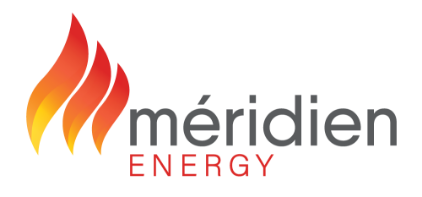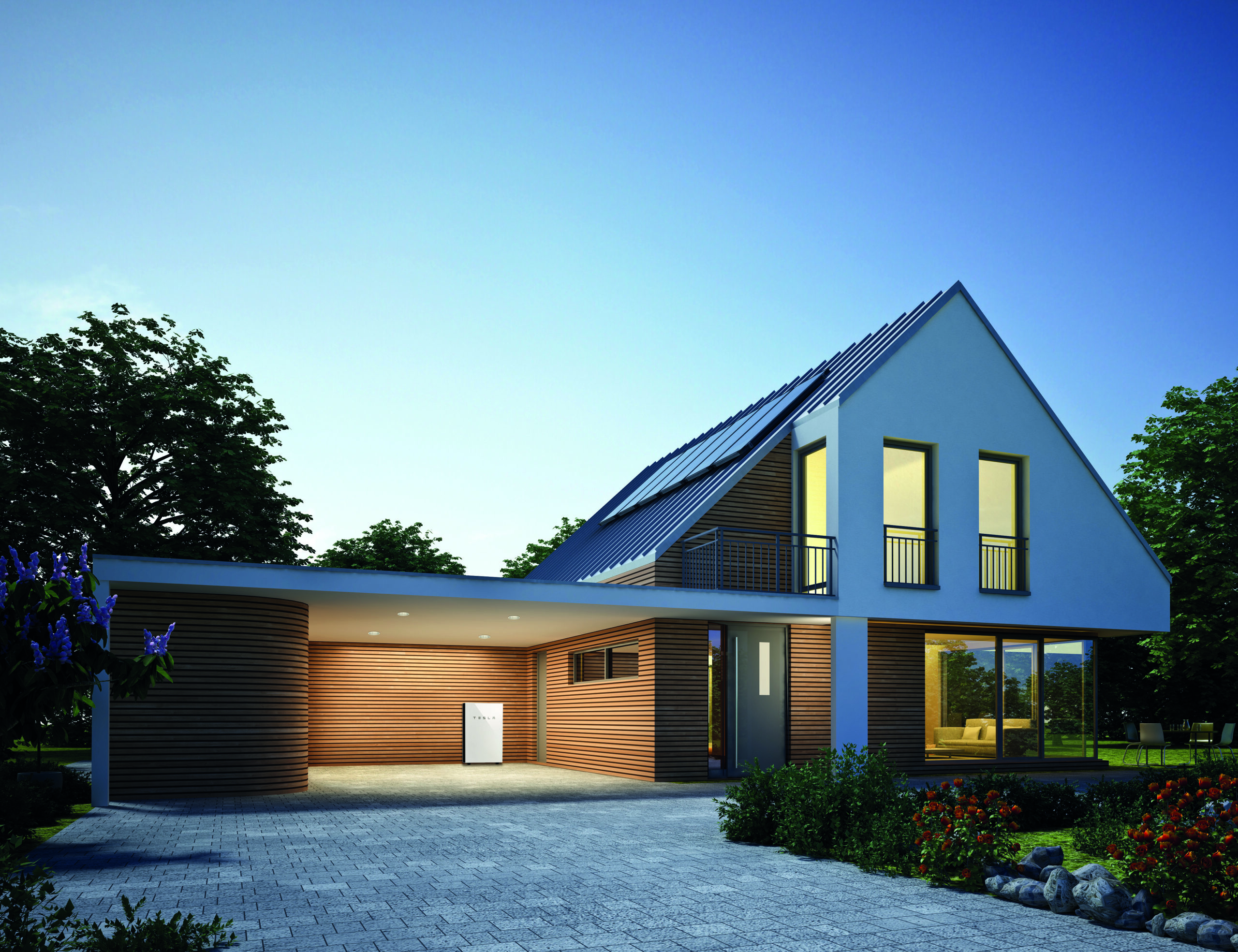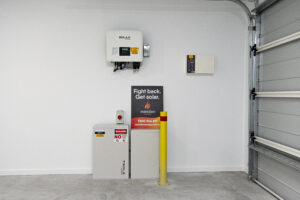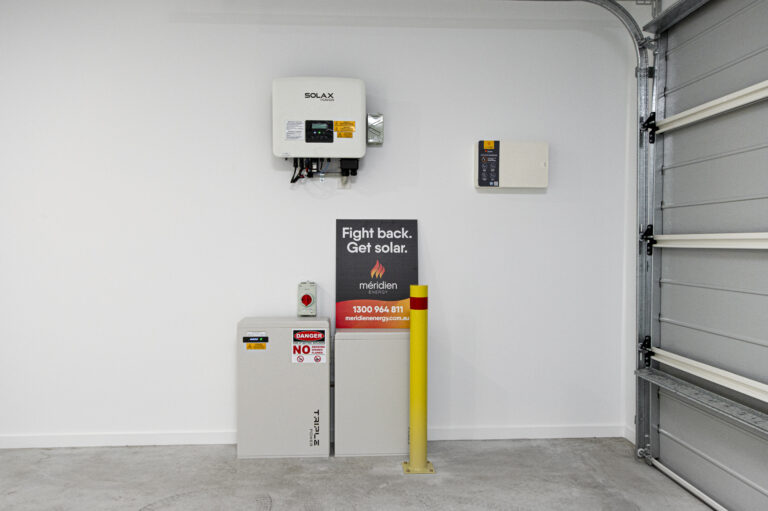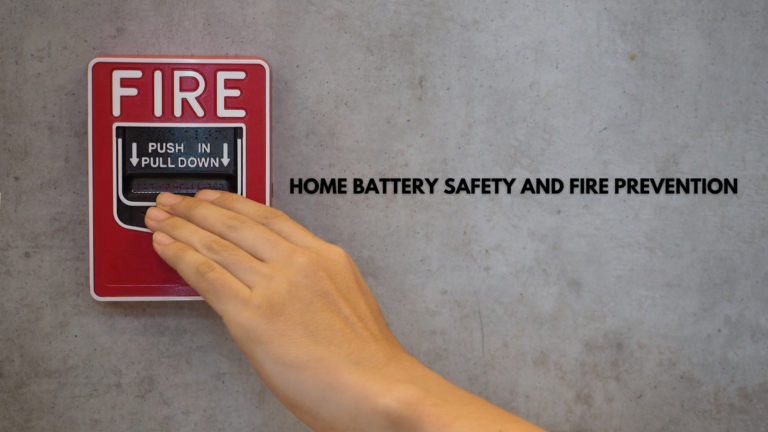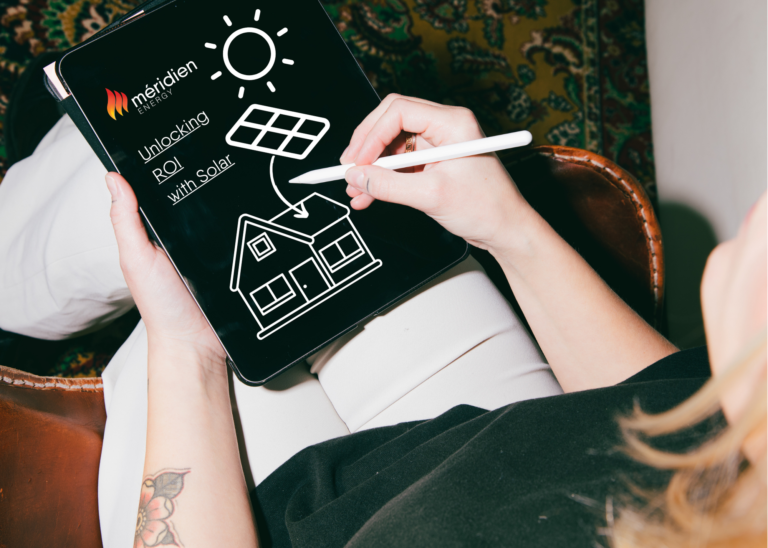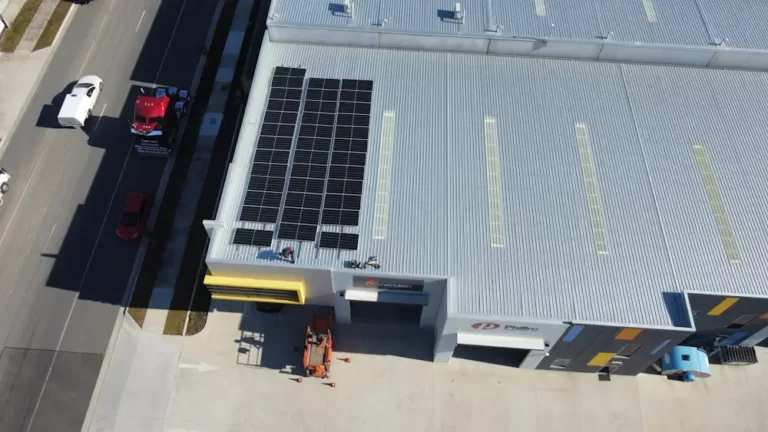We talked about being battery ready when you are getting your solar system installed, now let’s talk about AC Coupled batteries, so
What is an AC Coupled battery?
In your home solar eco system, your solar panels produce DC power, which is not very useful when the rest of your home (and the grid) run off AC electricity. Your inverter (or Micro-Inverter if you use a fancy Enphase system) will convert this DC Power from the solar panels, and turn it into usable 240V AC electricity, ready to be consumed by all of your appliances, and if able, feed back to the grid.
But there is a problem, Batteries also run off DC Electricity. If you have a hybrid inverter, such as we discussed in the Battery Ready in 2025 post, it will re-route the power straight from the panels to the battery to charge it up. How efficient! When your battery is full, it will continue to convert to AC as normal. But what if you don’t have a Hybrid inverter? All that DC electricity is taken from your solar panels, converting and invertering and transforming to AC, but with no way to get back to DC to be stored in the battery.
![]() This is where the AC Coupled battery comes in. It has a purpose-built battery inverter, usually built into the battery itself for a nice seamless look, like the Tesla Powerwall 2. It takes your homes AC Power and inverts it back to DC Power. Those electrically savvy that are reading might think, but all these conversions from AC to DC and back must be inefficient? Am I losing some of the power through this process? And you would be quite right. AC Coupled batteries, by way of having a conversion from DC (Solar) >AC (Home) >DC (Battery) is less efficient than straight DC (Solar Panels) > DC (Battery).
This is where the AC Coupled battery comes in. It has a purpose-built battery inverter, usually built into the battery itself for a nice seamless look, like the Tesla Powerwall 2. It takes your homes AC Power and inverts it back to DC Power. Those electrically savvy that are reading might think, but all these conversions from AC to DC and back must be inefficient? Am I losing some of the power through this process? And you would be quite right. AC Coupled batteries, by way of having a conversion from DC (Solar) >AC (Home) >DC (Battery) is less efficient than straight DC (Solar Panels) > DC (Battery).
But even still, AC Coupled batteries are a great option when you already have an existing solar system installed to your home. It is usually cheaper than replacing your existing inverter and you get the benefit of loads of flexibility. With no worries about is X battery compatible with Y Inverter or needing the inverter and battery to be located in the same place.
Benefits:
- Retrofitting flexibility: Easily add a battery to an existing solar system without needing to replace the inverter. It also works with various inverter brands and types, providing greater product choice.
- Simplified Installation: Often less complex, as it doesn’t require major modifications.
- Even works without solar: Can be installed in homes without existing solar panels, drawing power from the grid, when necessary, for example if you have an electricity plan that gives you free electricity in the middle of the day. Or if you are on a wholesale plan where the prices can go negative in the middle of the day – you’ll get paid to charge your batteries.
Drawbacks:
- Efficiency Loss: Some energy is lost during AC to DC conversion and back to AC during discharge, typically it’s about 3% or so per conversion, or 9-10% total, depending of the brands of equipment and your specific circumstances.
- Back-up Power. A big reason people get batteries is to increase their grid resilience, keeping power even when the grid goes down. To give you the best levels of resilience, you want to make sure your battery and solar inverter both stay online, so you can keep continuous power with solar being produced during the day, powering your home and charging your battery to be used at night. AC Coupled batteries thus need to be able to communicate with your inverter to make sure this happens. Which is trickier to do with an AC Coupled system.
- Grid headaches. Many DNSP’s including Energex here in SEQ limit you to 10kW of inverter per phase, so if you’re on single phase power and have a 10kW Solar inverter, you’ve already hit your cap and won’t be allowed to install a battery with its own battery inverter. (1)
So, which is better? the answer, as always with a complex subject like solar, is it depends. Both have some pretty hefty benefits, but also some heavy draw-backs. it really comes down to your individual circumstances, what your use-case for the battery is, where you are in the renewable energy journey, and even how long you plan to stay in your home or business.
Want to chat further about the minutiae of AC and DC Conversions? Or maybe you are interested in introducing a battery into your home or businesses eco-system? Give us a call on 1300 964 811 and press 2 to talk to our team.
(1) unless you apply for the dynamic connection option, but that is a whole other post for another day.
